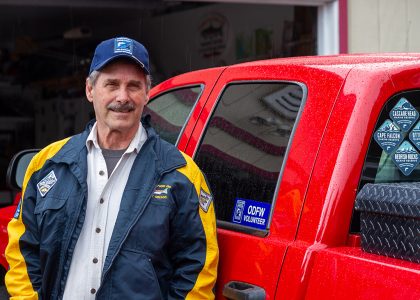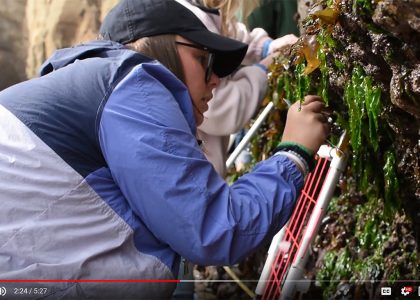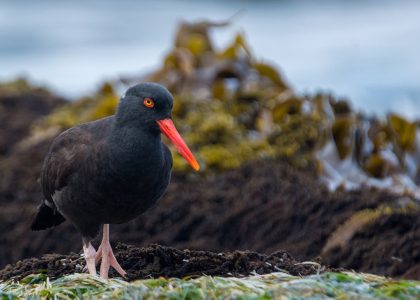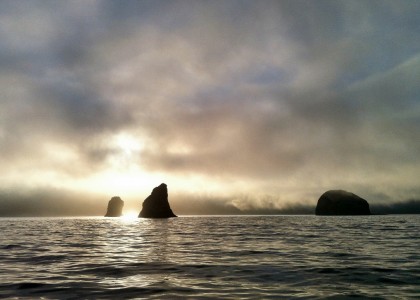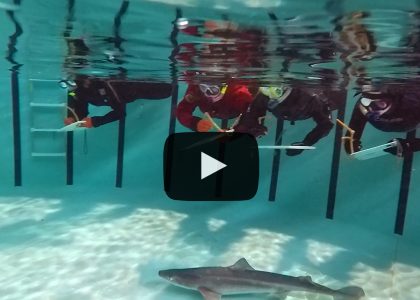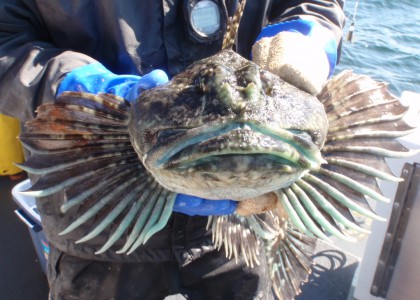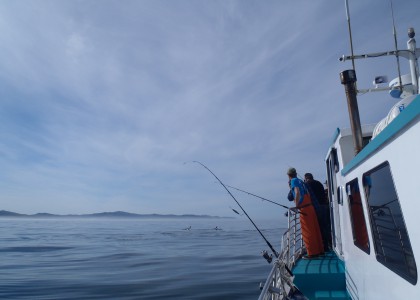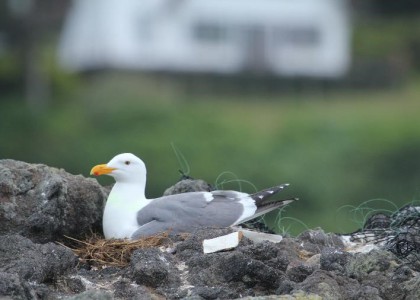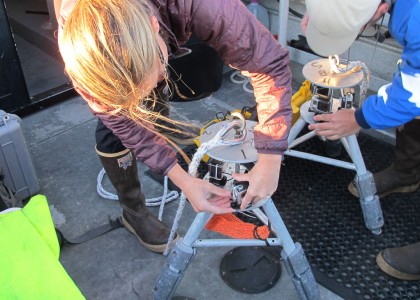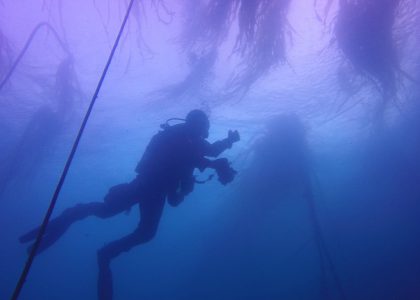
Volunteer Diana Hollingshead: Deep Commitment To Discovery & Safety
With decades of experience under her dive belt, Diana Hollingshead is no stranger to the challenges of scientific diving or the discoveries they can bring to the surface. Join us as we talk with this SCUBA instructor, as she reflects on her volunteer experiences as a scientific diver helping ODFW with marine reserve monitoring SCUBA surveys. Read More
